brief history of google companies
A Brief History of Google From 1998 to the Present Day
You're pretty familiar with how to use the world's favourite search engine, but what about the company behind it? Here's a look at Google's history.
KEY TAKEAWAYS
- Google, with a net worth of over one trillion dollars, has grown from its humble beginnings in a garage to become one of the world's largest and most influential companies.
- The history of Google spans 25 years, from its founding by Sergey Brin and Larry Page in 1998 to its expansion into various products and services, such as Google Search, Google Ads, YouTube, Android, Google Workspace, and Chrome.
- Google's success can be attributed to its innovative products and acquisitions, such as the PageRank algorithm, the acquisition of YouTube, the development of the Android operating system, the launch of Chrome and Chromebooks, and the introduction of the Pixel smartphone. Additionally, AI has become a priority for Google, as evident by its response to the growth of the ChatGPT AI chatbot.
Google is both the name of the world’s largest search engine and the corporation behind it. It is one of the most famous company names in the world, primarily due to the Google search engine utilized by billions of people every day. The net worth of Google eclipses one trillion dollars (market capitalization) in 2023.
So, Google is a massive company that’s grown enormously since its humble garage base beginning. The history of Google LLC spans 25 years. This is the story of how Google became the giant company it is today.
1997-1998: The Founding of Google
The Ph.D. computer science graduate students Sergey Brin and Larry Page first met at Stamford University during the mid-1990s. It was there and then that the duo collaborated in the development of a new internet search engine, initially called BackRub. However, that search engine was renamed Google and trialed on Stamford’s website in 1996.
Page and Brin registered the Google.com domain name in 1997 to unleash the new search engine globally. The Google search engine quickly became a popular tool for finding webpages. What set it apart from other search engines of the time was its unique PageRank algorithm that ranked results based on the number and importance of pages that linked back to sites.
However, Google was still somewhat smaller than the Yahoo search engine at that time. Page and Brin offered to sell their search engine’s PageRank algorithm to Yahoo for about $1 million. Yahoo declined the offer, and the rest, as they say, is history.
Launching the Google search engine was one thing, but starting the company was quite another. Larry and Sergey needed investors to provide the required funds for a new company start-up.
It didn’t take long for them to find one when they showed Google off to Sun Microsystems founder Andy Bechtolsheim. He was immediately impressed by what he saw and heard and gave Brin and Page a $100,000 startup check for Google Inc.
That $100,000 check was enough to get Google off the ground. The Google Inc company was incorporated on September 4, 1998. Another funding round followed, with the likes of Amazon founder Jeff Bezos investing in Google.
Google established its first office base within Susan Wojcicki’s garage. You can view Google’s first office on this Google Maps page. Hold your mouse's left button to rotate the camera on that page and have a look around Google's first office.
2000: Google Launches AdWords
The fledgling Google company first started selling ad placements on its search engine in 2000. The launch of Google AdWords enabled businesses to bid for keyword ad placement on the search engine. Today, Google Ads is one of Google’s biggest cash cows, generating more than 100 billion in revenue annually.
2001: Schmidt Becomes Google’s First Appointed CEO
Larry Page was Google’s first CEO up to 2001. However, Page and Brin were still young at the time and accepted somebody with more business management experience was needed to lead their expanding company. They appointed former Novell CEO Eric Schmidt to be Google’s chief executive in 2001.
Schmidt was Google’s longest-serving CEO from 2001-2011, during which time he presided over an era of massive company growth. When he stood down in 2011, he joked in a tweet that adult supervision of Google was no longer required. Mr. Page replaced Schmidt in 2011, and Sundar Pichai became Google’s current CEO in 2015.
2003: Google Moves to Amphitheatre Parkway
Google didn’t stay in Wojcicki’s garage for long, but by 2003 it was clear the company needed a bigger site to call home.
So, it was in 2003 that Google set up camp in Amphitheatre Parkway, Mountain View. That site was initially leased to Google, but the company later purchased properties there to establish Googleplex. Googleplex remains Google’s company headquarters today.
2006: Google Acquires YouTube
In 2005, Google launched a Google Videos website that went head-to-head with another new video-sharing site called YouTube. The YouTube site, founded by Steven Chen, became a much bigger hit on the internet.
Google gave up trying to compete with YouTube in 2006 and arranged to meet with Chen at a Denny’s restaurant to munch some food and discuss a proposed acquisition of his video-sharing site.
Eric Schmidt convinced Mr. Chen to sell YouTube to Google for 1.65 billion, an amount that considerably eclipsed the company’s Android acquisition. As Google couldn’t beat YouTube, the search giant had to buy it. The Big G later shut down Google Videos, and YouTube became the second most visited website after Google Search.
2006: Google Web Apps Whip Up a Productivity Cloud
Google was influential in the invention of cloud computing, otherwise web-based productivity apps, in 2006. Then Google released the Sheets, Docs, and Slides online apps. They were part of a new Google Apps suite (now Workspace) that also included Gmail.
The new Sheets, Docs, and Slides apps enabled users to word process documents, create spreadsheets, and set up slideshows within their browsers for the first. It was a significant milestone in the history of the World Wide Web. The Google Workspace suite is now one of the biggest competitors to Microsoft Office.
2008: The Android Revolution
Google brought out a struggling Android company in 2005 for a price of approximately $50 million, which turned out to be one of the greatest coups in the company’s history. The Android team duly moved to Googleplex and continued developing a new Linux-based mobile phone operating system. Development of the first Android 1.0 version was complete by the end of 2007.
Google established the grand Open Handset Alliance, and the OHA unveiled the first Android OS. HTC released the T-Mobile G1 in 2008, which was the world’s first Android-based smartphone. Google’s Android OS had become the world’s foremost smartphone platform by 2012.
Android is currently the world’s biggest OS series, with a mobile operating system market share of approximately 70-71 percent as of July 2023, according to Statista.
2008-2012: The Rise of Chrome
Eric Schmidt has admitted he rejected the idea of a Google web browser when Page and Brin first proposed such a product to him. Schmidt doubted a Google browser could stand up to Microsoft's Internet Explorer.
Larry and Sergey ignored Google’s chief executive and encouraged the development of a new web browser under the direction of the then-future CEO Pichai. Schmidt changed his mind when he saw a Chrome demo version.
Google released Chrome in 2008, which sparked a new browser war with Internet Explorer and Firefox. Google Chrome emerged as the winner in that war when it overtook Internet Explorer’s user share in 2012. Chrome now dominates the browser industry with a market share of 63.55 percent in July 2023, according to StatCounter.
2009-2013: ChromeOS Chromebooks Shake Up the Laptop Industry
A Google laptop operating system was another product idea Schmidt was initially skeptical about, for that would also inevitably encroach on Microsoft’s territory.
Nevertheless, Google still unveiled ChromeOS in 2009. The first commercial Acer and Samsung Chromebook laptops based on ChromeOS became available in 2011. Google later launched its own-brand Chromebook Pixel in 2013, which was among the company’s first notable hardware products.
Chromebooks made a big splash in the education market from 2012 onward as more and more schools snapped them up. Schools across America fell in love with Chromebooks because they were a more economical and less complicated alternative to Windows PCs.
In recent years, Chromebooks have become more popular in the general consumer market and even outsold MacBooks for the first time in 2020.
2016: Google Launches the First Pixel Smartphone
After the Chromebook, Google expanded further into the hardware industry by launching its first Android-based Pixel Phone in 2016. That was the first of eight Google Pixel smartphones released from 2016 to 2023. The most recently unveiled Pixel Fold is Google’s first foldable mobile device.
The original Pixel mobile was the first to incorporate Google Assistant. It also had a great camera, superior to the snappers on many other mobiles in 2016. Although Google remains a relatively small player in the mobile device industry compared to Apple, its Pixel mobiles have become an increasingly attractive alternative to iPhones.
2022: Pichai Declares a Code Red
The popular ChatGPT AI chatbot became the fastest-growing app ever from 2022 to 2023 and scared Google. Pichai reputedly declared a Google code red at the end of 2022 to establish an urgent response to ChatGPT. Thus, AI has seemingly now become a big priority for Google.
Google’s first response to ChatGPT seems to be Search Generative Experience. That is an experimental AI-powered search tool from Google. You can sign up to be among the first to try the Search Generative Experience today. Check out our how-to access Search Generative Experience guide for further details about how to join its waitlist.
Google is One of the World’s Biggest Companies
Google (now a subsidiary of Alphabet Inc) has undoubtedly come a long way since Page and Brin camped out in Wojcicki’s garage in 1998. Today, it is ranked among the most valuable companies in the world after Apple, Microsoft, and Aramco in terms of market capitalization.
Google has been the most influential internet company in history, with the world’s biggest search engine, web browser, and video-sharing site among the foremost products to its name.
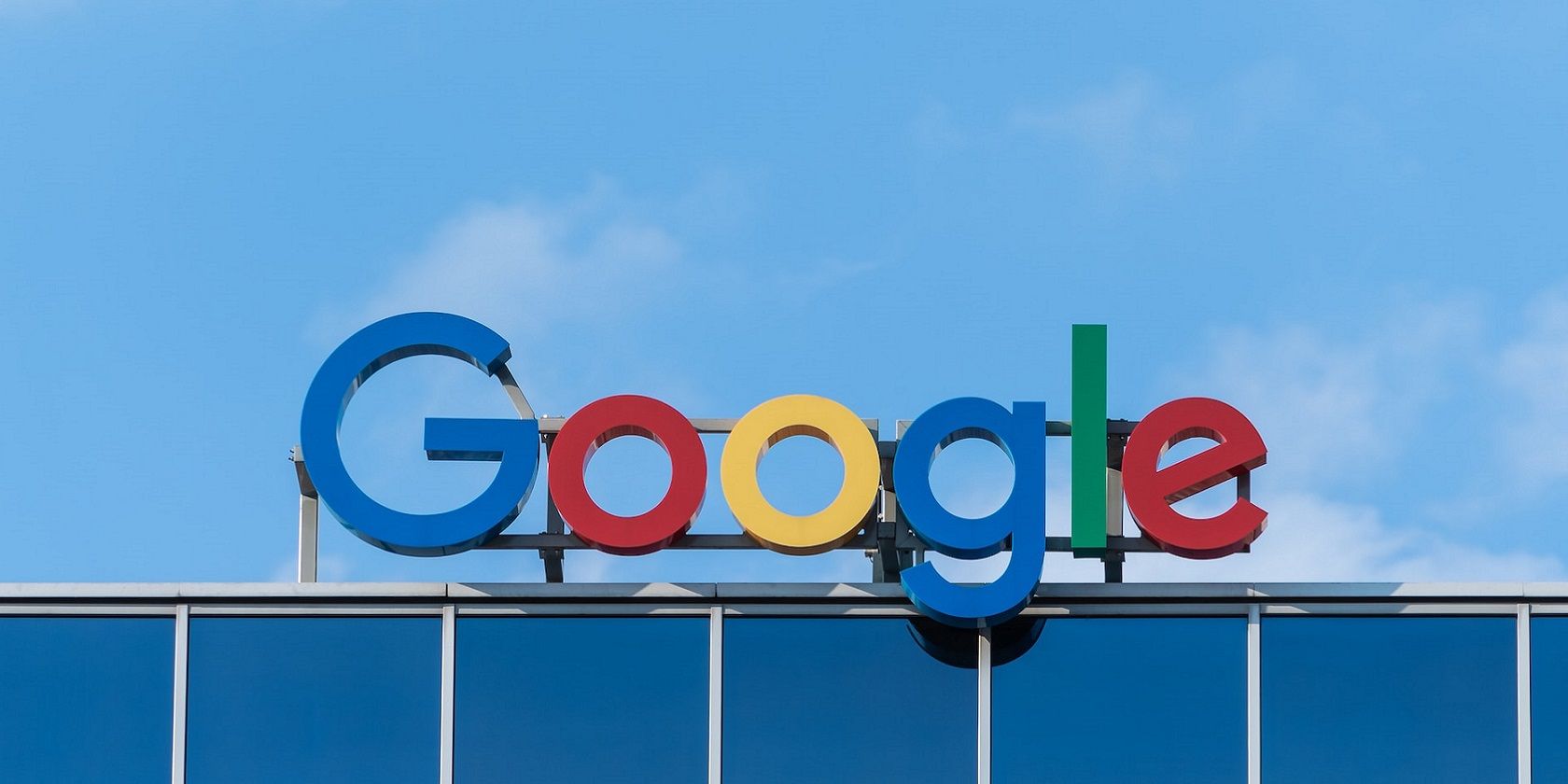
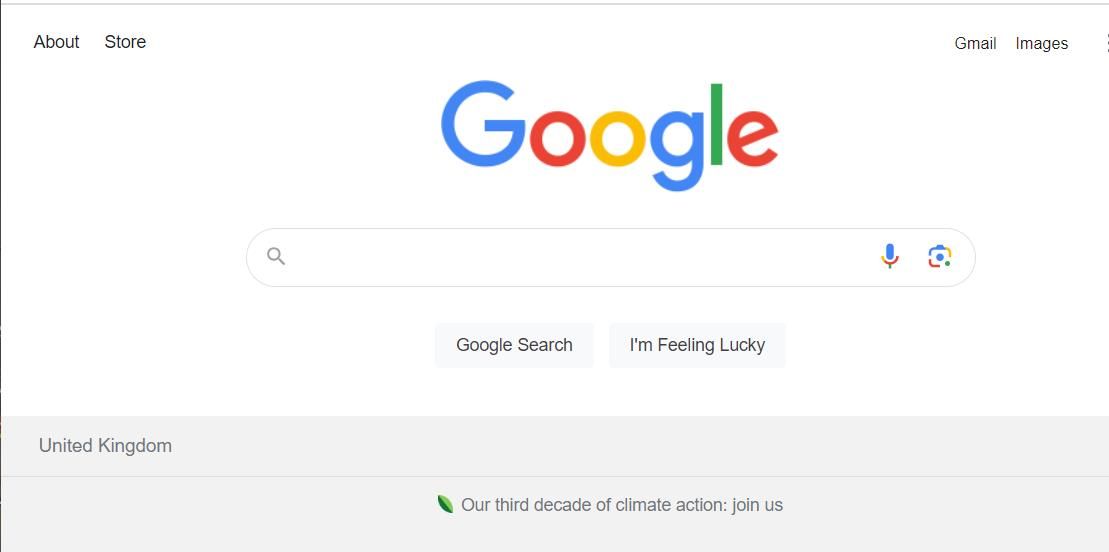
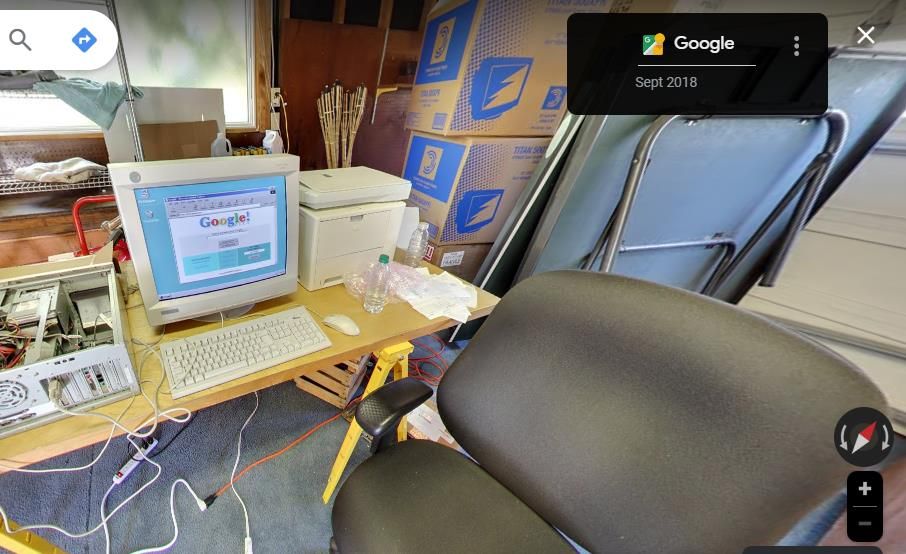


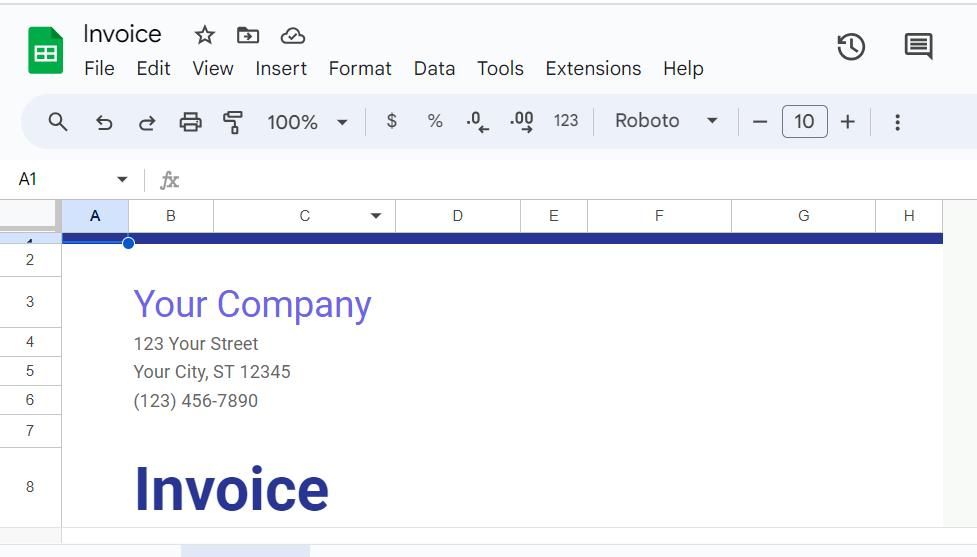
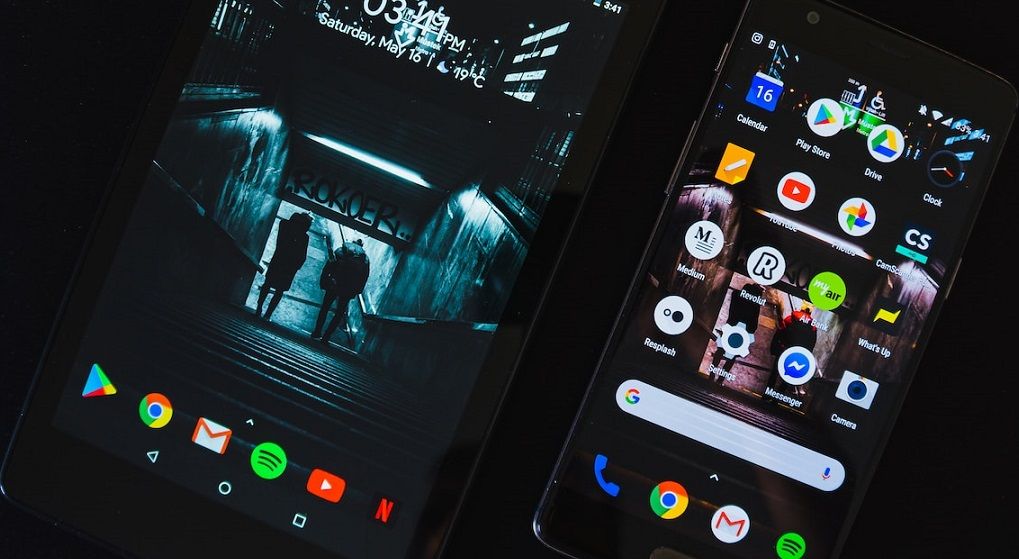
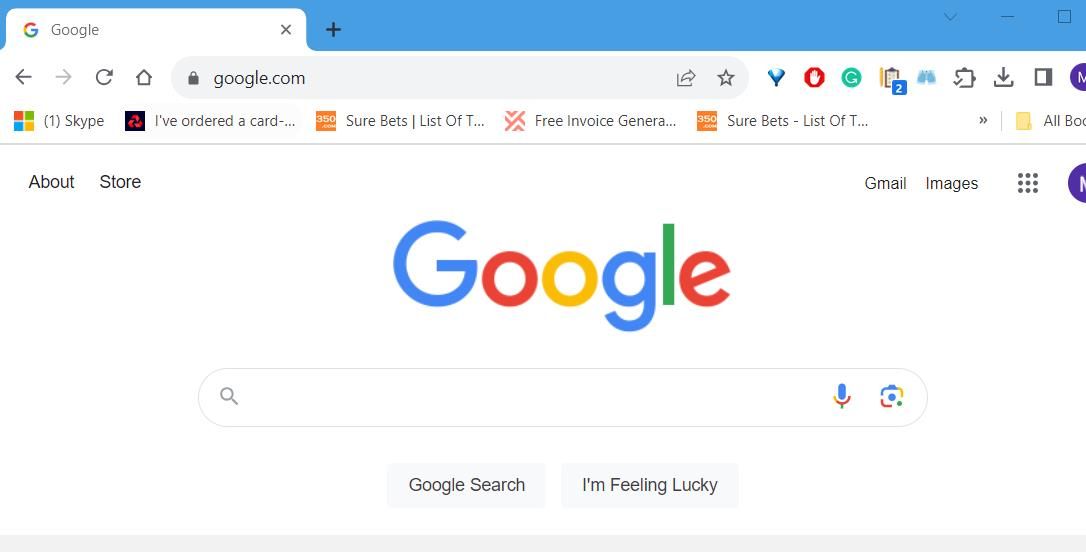
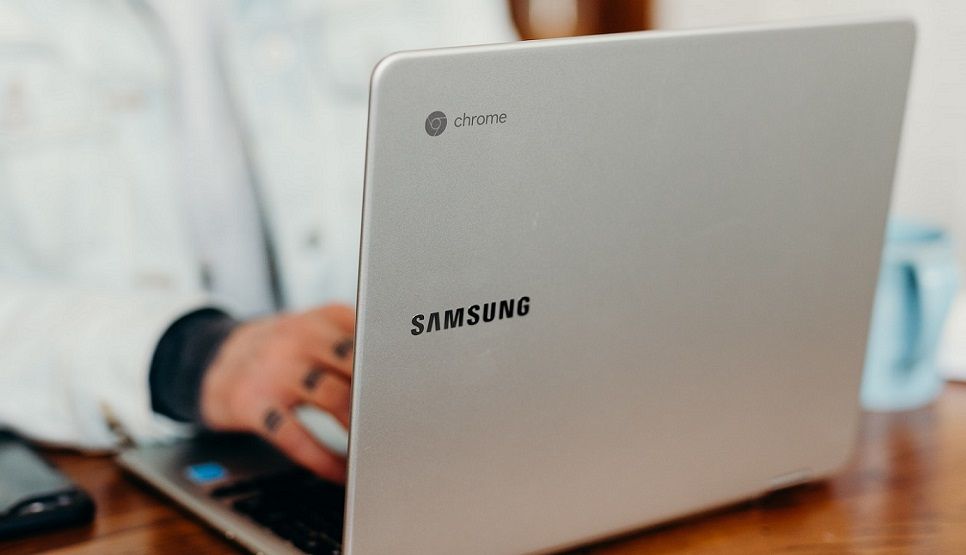
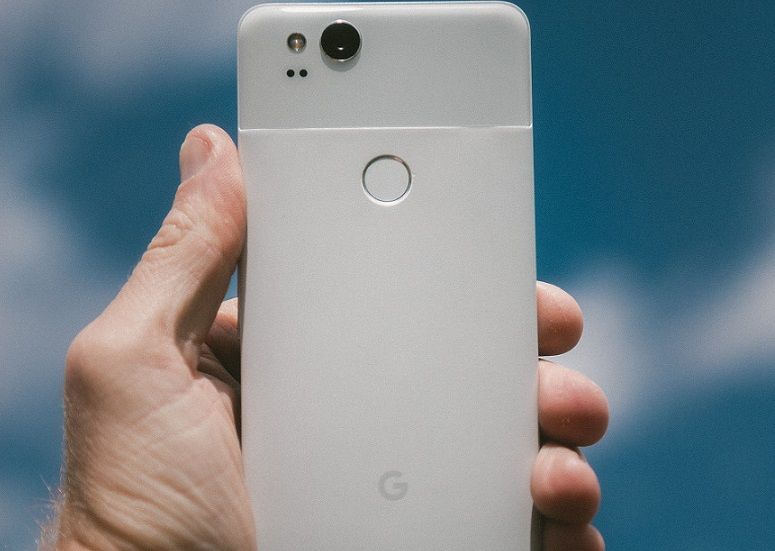
Comments
Post a Comment